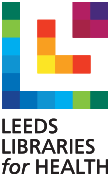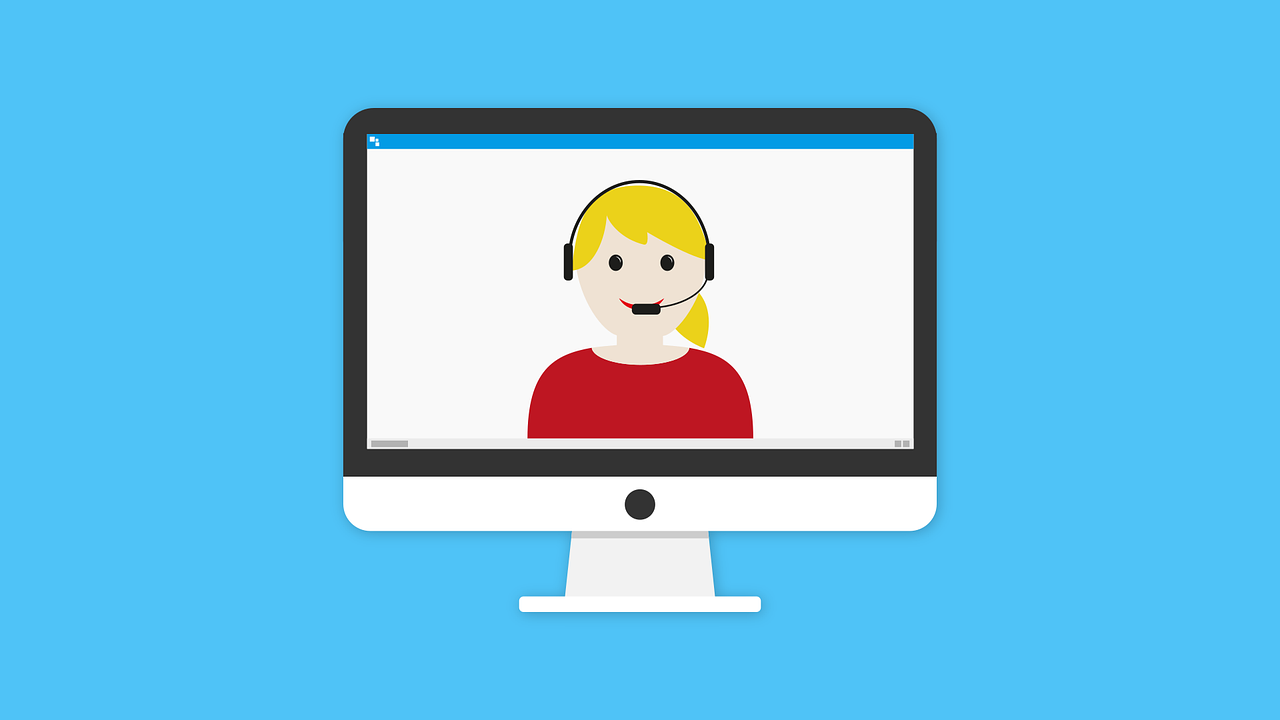Health Literacy and Misinformation
The World Health Organization defined health literacy as the "personal characteristics and social resources needed for individuals and communities to access, understand, appraise and use information and services to make decisions about health”.
Individuals and their families need these health literacy skills to cope with the complex demands of modern health care.
A key part of delivering person-centred care is meeting people’s health literacy needs and communicating in meaningful ways.
However, health literacy levels in England are very low.
Watch this short video from Ruth Carlyle from NHS England (formerly Health Education England) to tell you more.
Health Literacy
Why does health literacy matter?
People need trustworthy information to make decisions about health, but Patient Information Forum figures (published in 2020) show that
- 1 million cannot follow a letter from a GP surgery or hospital department
- 5 million adults cannot find relevant data in standard health information
- 1.7 million are unable to explain symptoms and feelings over the phone
- 6.5 million cannot measure or record height and weight on a chart
- 9 million people are unable to use digital tools unaided
Health literacy means more than just the ability to read and understand health-related information. It also includes the confidence to navigate healthcare services and make well-informed decisions about self-management. Health literacy is a life skill for everyone.
What is the situation locally?
You can use this Geodatatool to find an estimate of the percentage of a local authority population with low health literacy and numeracy or with just low health literacy.
How can I make a difference?
People working in health and social care need to be aware of the issues surrounding health literacy and also of the techniques that can help to increase understanding of the health information that is shared with patients.
Using techniques for better conversations makes a huge difference to decision making and patient experience.
How can I learn more about health literacy?
We run regular health literacy awareness sessions that explain how to improve people’s understanding and use of health information and support people to make more informed decisions about their healthcare.
These one-hour awareness sessions are delivered via MS Teams.
The courses are open to anyone working in health and care in Leeds.
The dates and times of the courses, and the booking links, can be found from our training skills page.
You might also be interested in a 35-minute e-learning session which will explain why health literacy is important and also how to use some simple techniques (ncluding TeachBack, chunk and check, using pictures and simple language) to improve how you communicate and check understanding with others.
- The World Health Organization (WHO) provides tips for spotting misinformation and disinformation
- The PIF TICK website has one-page posters which are free to view and download on topics including false health information warning signs and what to look for in trusted health information
- Independent Age offers advice on managing your health online
- The WHO Kahoot! Quiz aims to help people identify the red flags of misinformation
- The Patient Information Forum has a series of videos to help the public spot misinformation:
Other useful websites and documents
PIF (Patient Information Forum): Health literacy matters infographic (published June 2023)
PIF (Patient Information Forum) Knowledge is Power Report (published November 2024)
PIF (Patient Information Forum) Knowledge is Power Infographic (published November 2024)
NIHR report: Health Information - are you getting your message across?
Friday, 31st January, 2025 1-2pm
As part of Health Information Week Leeds Libraries for Health are offering our popular one hour health literacy awareness session out to a public audience.



